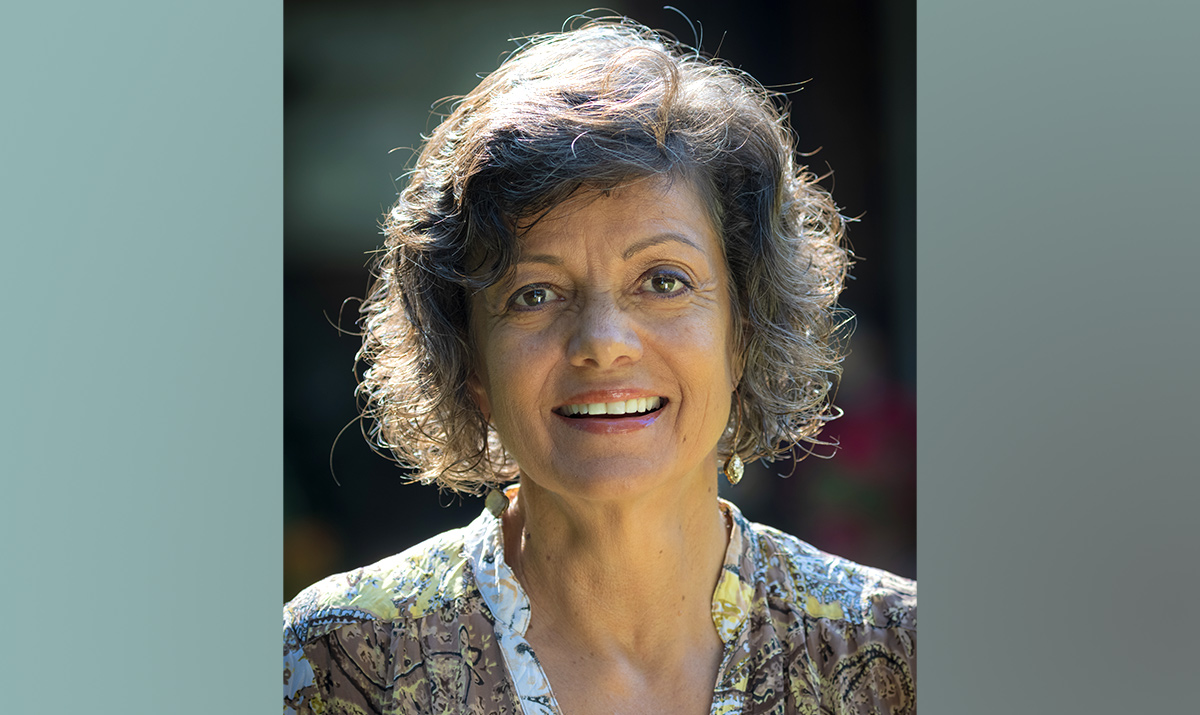
19 Dec Interview with H.E. Therese Rath, High Commissioner of Belize to the United Kingdom
CR: As a diplomat, what are the biggest challenges you face representing Belize?
HC Belize: The awareness of Belize’s identity and culture, particularly in comparison to CARICOM countries, is notably low. Despite historical ties as a former British colony and strong trade relations with the UK, this hasn’t translated into widespread recognition. Challenges arise from a smaller and less organized diaspora and Belize’s unique position as an English-speaking nation in Central America. The country is connected to both CARICOM and SICA, but this dual affiliation presents challenges for international partners. Efforts to focus on the North American market and geographic location may not have effectively raised awareness. The primary challenge remains increasing recognition. On a personal level, adapting to the role of a diplomat, especially as a first-time appointee, involves learning new aspects beyond active involvement in Belize’s affairs. Despite being outspoken, adapting to diplomatic nuances is an ongoing process. Due to our size, it’s challenging for others to explore and understand Belize. Despite some awareness, the lack of a robust PR presence is linked to investment costs. Reflecting on my tourism background, in the 2000s, I chaired the Belize Tourism Board and we recognized the need for a plan and a PR agency to develop the industry. Our focus on natural resources and local infrastructure set us apart, with smaller hotels being major providers. While we have international chains like Hilton and Radisson, they’re smaller, and we don’t market ourselves the same way as other Caribbean countries. Our budget constraints lead us to prioritize the North American market, particularly the U.S. and Canada, which constitute our largest percentage of visitors. However, this success hasn’t translated into sufficient promotion at home. Despite excelling in tourism, we’ve overlooked showcasing our broader national efforts. Raising awareness about Belize’s identity and achievements is our primary challenge, crucial for climate finance, sustainable development and leveraging our strong foundation built over 40 years.
CR: The climate and natural resources connection is a current hot topic and Belize is truly at the forefront. What other advantages does Belize represent?
HC Belize: Belize is a small, safe, democratic, English-speaking country in Central America with a population of 400,000 that has a common law system, emphasizing the rule of law critical to our existence. Noteworthy features include the largest cave system in Central America, 60% of our land is under protection and the hemisphere’s longest barrier reef. The foundation was laid closer to independence with the National Park System Act and Wildlife Protection Act, initiating co-management agreements with NGOs—a robust system still in place. The tourism industry, constituting 40% of GDP, emphasizes sustainability. Initiatives like environmental education programs and involving people in tourism, exemplified by the tour guide certification for Belizeans, were established over 40 years ago. These steps form the foundation of our present-day planning for sustainable development and climate change adaptation and mitigation. An example of this is our successful launch of the Blue Bond and the progress we are making in fulfilling the commitments made therein.
CR: As High Commissioner, what are your priorities for 2024?
HC Belize: My priority in my mandate extends beyond London, as I’m accredited to Estonia and Ireland and have been designated as ambassador to Latvia and the FAO. Our embassy in Brussels collaborates with the EU. With only two ambassadors covering Europe (London and Brussels), increasing awareness on key issues is crucial. The ICJ case with Guatemala is paramount, emphasizing the importance of adhering to international legal principles such as sovereignty and territorial integrity. Support for climate finance is critical, given Belize’s vulnerability ranking at number eight globally. We actively engage in diplomatic alliances such as AOSIS and SIDS and have an active presence at all COPs. Raising awareness of Belize aligns with our national development goals and sustainable development. However, the challenge lies in finding partners who match our values, not just those focused on large-scale investments. Communicating our accomplishments and future plans is essential, considering the tremendous progress made in the last year and the past three years.
CR: What does Belize have to offer the world?
HC Belize: Belize serves as an ideal location to demonstrate successful and sustainable development and investments. We possess established mechanisms and planning processes that we can share, not only with incoming investors but also with similar-sized partners. Notable achievements include the Blue Bond, implemented in 2021 and progress toward our commitment to protect 30% of the marine environment by 2030. We’re currently at 26%. Our maritime economy plan sets us apart, coupled with efforts to enhance our population’s skills through a focus on STEM education and skills training for small businesses offering high quality specialty products such our famous Marie Sharp’s pepper sauce. Addressing the customary land rights of the indigenous Maya people and engaging in constitutional reform showcase our commitment to evolving beyond conventional paths. We aim to instill confidence in investors and visitors by demonstrating our proactive approach and adherence to our claims, emphasizing the substance behind our marketing efforts.


